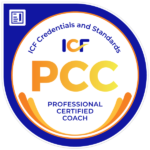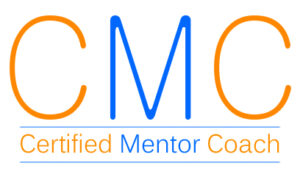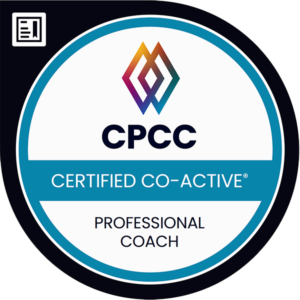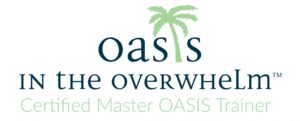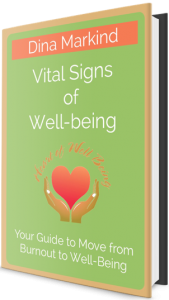Recently, the word resilience has been appearing in my life in various settings. Resilience is the ability to bounce back after adversity, and sometimes it requires bouncing back to a new normal. Even when we have competence, mastery is often defined by resilience, having a shorter recovery time. If you watch tennis, you’ve probably seen how the winners recover from their misplaced shot or less than ideal stroke more quickly than their opponents. Heart Disease can be a major setback, how is your resilience in the face of this?
We all get off track, have setbacks and distractions. If you haven’t been as successful with bouncing back as you would like, it turns out that there are things you can do to speed up your recovery. Yes, lifestyle changes will speed recovery, and so will your use of some resiliency strategies. Here are four factors which effect your resilience.
Be present with your initial response to adversity – It is important to acknowledge the challenge and the disappointment, even when you sense it as trauma. Acknowledge the fear and disappointment that come along with initial or repeat MI, or unexpected complication from a procedure or medication. Being present with the experience, as painful as it may be, helps one recover.
Know thyself, identify your values, strengths and weaknesses, and utilize these to help you overcome adversity. What is it that you bring to the situation? For my clients who played sports in high school, recalling the discipline of being on a team, eating right and practicing regularly, could be transformed to currently eating a heart healthy diet and participating in an exercise routine. What are your strengths? What are some of the experiences you’ve had which you can draw upon as examples of your successes?
Optimism – Focusing on the positive thoughts, as discussed in last week’s post. Additionally, it is helpful to look at setbacks as temporary and changeable. When you’re in a relaxed state, you can ask yourself, “What are the opportunities here?”
Recognizing and utilizing opportunities, support systems and resources turns out to be one of the most important keys for being resilient. Who do you have in your life that will be there for you during the difficult times and will still hold you to your best. What resources are available to you? a cardiac rehab program, weight watchers, other support group, a coach like me and online forums. The people in your doctors’ office are also resources for you.
To build your resilience contact me. If you have techniques or strategies that help you with recovery please share.
Dina 203 744-YOU3 (9683)
